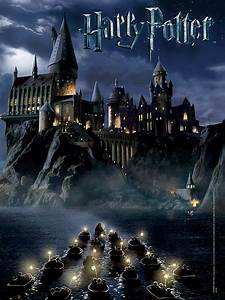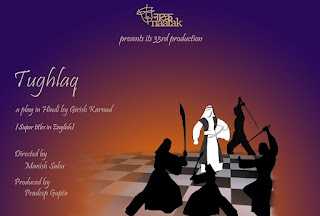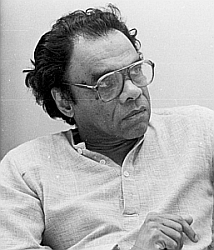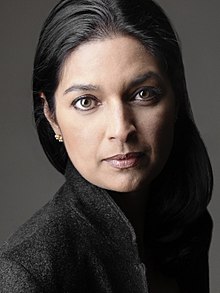Reality vs Fantasy
" Confronting reality by reading fantasy in Harry Potter"
One thing we cannot deny is the
popularity of fantasy in our modern culture. For confirmation, just look at the
sales of fantasy video/ computer games, the popularity of the television show
The X-Files, or the box-office draw of Star Wars and its related merchandise
sales. Why are fantasy items so popular? While some educators write off fantasy
as escapist and not sufficiently serious for young people to read (Charnas),
others suggest that fantasy replaces the boredom of everyday life with the
strange and unusual and provides an escape from the problems of modern society
(Sanders). With its appeal to the senses, fantasy may provide adolescents with
a feeling of overcoming the odds and being triumphant at a time when their own
lives are often a series of "battles" that they lose or never even
get to fight.
There is fantasy and good story
telling in the Harry Potter books. At the same time, the stories are infused
with references to actual occult practices, some of which I
once studied and practiced. But since these practices are mixed in with
fantasy, readers may think these practices are fantasy, too.
The hero of the book is a wizard
who attends a school, Hogwarts, where he is learning how to use his powers
through studying and learning occult arts such as divination, casting spells,
astrology, magical potions, and others. He is not a figure of contemporary
pagan religions (such as Wicca), nor is he an imaginary wizard, but he is
presented as a real boy who comes to the school to hone his innate magical
abilities and develop into a practitioner of occult arts.
That Harry was born as a wizard
is fantasy (though there are Witches today who believe they are born that way),
but several occult arts referred to in the books are part of the real world and
are not fantasy. In addition to those already mentioned above, other real
occult practices in the books are: the Runes, numerology (arithmancy), and
crystal gazing (scyring). The books also refer to alchemy, amulets, charms,
contact with the dead, Nicolas Flamel (a real historical alchemist), the Dark
Side, and many other occult practices or concepts. Using "good" magic
to fight "bad" magic is a major component of the plot.
fiction and fantasy can be
powerful vehicles of ideas and beliefs. The issue is not whether readers know
the difference between reality and fantasy, but whether they realize that some
things in these books are not fantasy and are used by real people in the real
world as a good thing.
Works Cited
Chris Crowe, Katherine T. Bucher and M. Lee Manning.
"Young Adult Literature: A Boy's Alternative to Bodice-Rippers. Harry
Potter Update: Is It for YAs?" The English Journal 89 (2000):
135-138.
Montenegro, Marcia. THE
HARRY POTTER BOOKS: Just Fanasy? February 2007. 14 February 2018
<http://www.christiananswersforthenewage.org/Articles_HarryPotter.html>.




Comments
Post a Comment